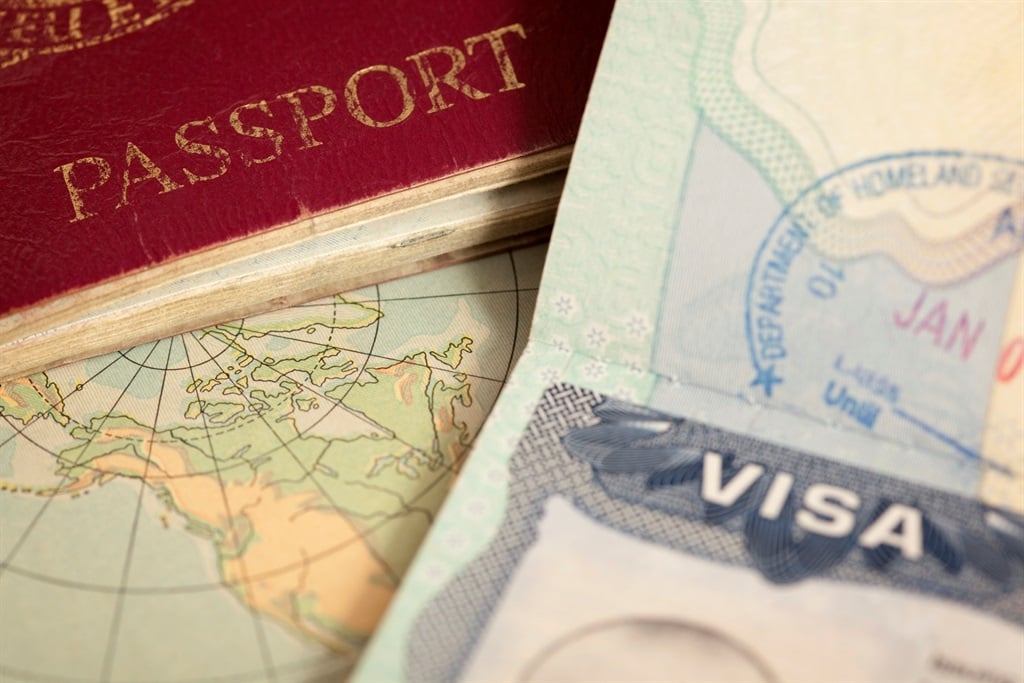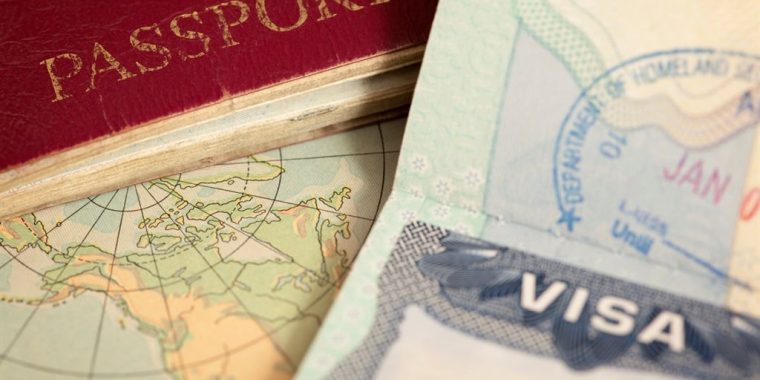
Zimbabwe’s
president,
Emmerson
Mnangagwa,
said
he
had
reached
the
migration
agreement
with
President
Mokgweetsi
Masisi
at
the
5th
Kusi
Ideas
Festival
in
Gaborone
in
Botswana.
Getty
Images
-
The
presidents
of
Zimbabwe
and
Botswana
have
instructed
their
governments
to
work
on
a
free
movement
agreement. -
The
decision
will
work
in
favour
of
cross-border
traders
and
minimise
irregular
migration. -
Economist
Stevenson
Dhlamini
says
this
is
win-win
for
both
countries.
The
Presidents
of
Zimbabwe
and
Botswana
have
in
principle
agreed
on
the
free
movement
of
their
citizens,
and
now
immigration
officials
from
both
countries
are
expected
to
work
on
the
modalities.If
it
comes
into
effect,
this
would
be
Botswana’s
second
such
arrangement.
The
first
was
with
Namibia
in
February
of
this
year.
Addressing
delegates
at
the
5th
Kusi
Ideas
Festival
in
Gaborone
in
Botswana,
Zimbabwe’s
president,
Emmerson
Mnangagwa
said
he
had
reached
an
agreement
with
his
counterpart,
Mokgweetsi
Masisi.
“We
agreed
that
from
now
on,
we
shall
instruct
our
officials
that
there
should
be
no
question
of
how
to
enter
Zimbabwe
or
how
to
enter
Botswana.
“The
two
of
us
agreed
because
we
are
all
Africans.
We
should
be
able
to
walk
into
Botswana,
Zambia,
and
Kenya,”
Mnangagwa
said.
With
Zimbabwe
being
the
most
economically
challenged
country
in
the
region,
Botswana
and
South
Africa
receive
an
influx
of
illegal
immigrants
from
it.
As
far
back
as
2004,
when
Zimbabwe
was
undergoing
one
of
its
worst
political
and
economic
episodes,
Botswana
was
deporting
an
average
of
2
500
Zimbabweans
monthly.
Last
year,
the
United
Nations
working
group
on
arbitrary
detention
(WGAD)
raised
concerns
about
Botswana’s
punitive
approach
towards
refugees,
asylum
seekers,
and
migrants.
Under
the
current
arrangements,
a
national
from
both
countries
can
spend
up
to
90
days
or
three
months
per
year
using
a
passport
without
a
work
visa
or
permit.
In
a
region
where
irregular
migrants
are
repeatedly
criminalised,
this
agreement
would
not
only
lower
migratory
obstacles
but
also
promote
trade,
providing
a
much-needed
economic
boost
to
each
country
and
its
people.
Economist
Stevenson
Dhlamini
said
this
will
be
a
win-win
for
both
countries.
“This
is
a
welcome
step
for
informal
cross-border
traders,
particularly
women.
This
should
make
their
task
easier,
which
is
critical
in
eradicating
poverty,”
he
said.
Botswana
and
Zimbabwe
share
a
land
border
that
stretches
841
kilometres
from
the
tripoint
with
Zambia
in
the
northwest
to
the
tripoint
with
South
Africa
in
the
southeast.
The
last
time
it
was
demarcated
was
in
1959.
There
are
four
border
posts
between
the
two
countries.

